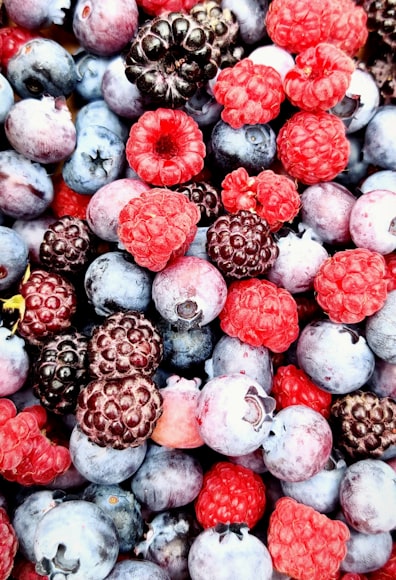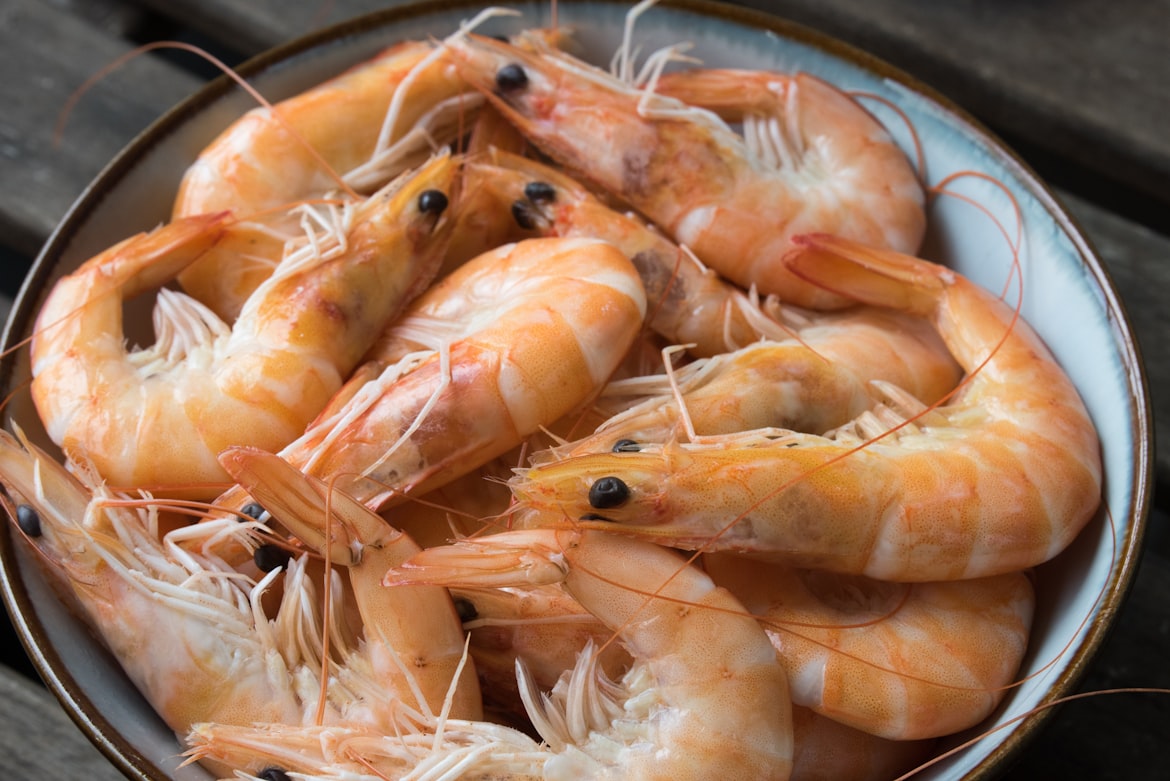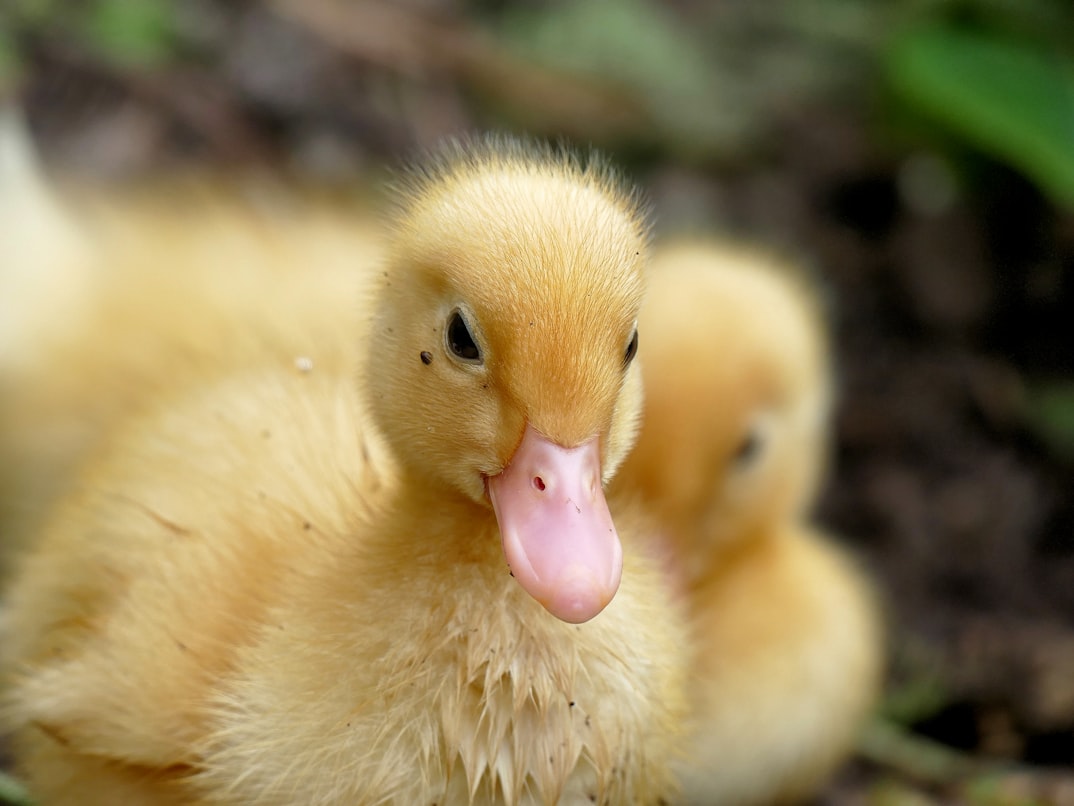As an Amazon Associate I earn from qualifying purchases.
Raising ducks may be both a delight and a struggle. It can also be quite gratifying since ducks are one of the most adaptable and useful species on a farm, no matter how big or little it is.
It takes time to care for each animal. It will take time to feed and water it, as well as the time needed to clean up after them. Make sure you have enough of that precious commodity before bringing them home. Also, keep in mind that it’s not as simple to find a duck sitter to go on holiday as it is to find one for your pet or cat. And this isn’t something you can do in a few days. Ducks generally live 9 to 15 years.
Ducks have an inborn desire to find food. They’ll eat anything they can get their beaks on, so they’re omnivores by nature. Read on to learn more about ducks and their nutritional needs, whether you have a pet duck or are wondering how to feed the pond’s ducks.
What Do Baby Ducks Eat?
Backyard ducks can eat a wide range of food, although your baby ducks should be fed a very particular diet from the moment they hatch to the day they become fully feathered. In the wild, ducklings emerge from their eggs and proceed directly towards their mother. She leads them to an area where they may find food and water.
A wild duckling will consume everything from earthworms and insects to algae and vegetation depending on the season. When it’s warm outside, they may eat throughout the day. However, in colder climes, due to the nature of their diet, they will need to stay near water as their food congeals.
They’re also susceptible to obesity, diabetes, heart disease, and several other illnesses. They require a lot of grass and weeds in the summer to feed on, which makes them full and causes them problems digesting during the winter. This is especially true if their stomachs do not expand as they begin to consume additional meals.
However, if you’ve decided to take a baby duck as a pet, here’s what you can consider feeding them.
Baby Duck Food Pellets
Take out your baby duck starter kit on the first day they hatch. Food pellets for ducks that are soft enough for their delicate beaks to feed on are included in this package. You can also find minerals such as calcium vitamins and a duck toy to play with within your pond or water area.
Fruits

Offer fruit as a treat when they’re fully feathered, or if it’s excessively hot and you’re concerned about them staying hydrated. Fruit is good for both ducks and humans. Baby ducks will want to nibble on the treat while keeping it small enough to float in the water so that they may easily get at it.
Fruits are high in natural sugars, so you’ll want to offer them sparingly. Tomatoes, pears, apples, bananas, cherries, peaches, strawberries, or raspberries are among the fruits that may be given to a duckling.
Vegetables

Leafy greens are delicious to ducks! It’s usually best to float them in water and cut them into smaller pieces. Ducks don’t chew their food, so you don’t want long grass strands or other goodies trapped in their stomachs. This is crucial whether you’re feeding baby ducklings.
Some vegetables and greens which ducks love include cut grass, swiss chard, lettuce, cucumber, peas, radish, and kale.
Dairy-Based Treats
At least 12 weeks of age, you may begin giving these goodies to your baby ducks. It’s better not to feed these delicacies to day-old birds. Dairy may cause their feces to be more fragrant, which is why it’s recommended that you avoid feeding them daily.
Proteins

It’s usually a smart idea to provide high-protein snacks for your ducklings. In reality, if you want to offer your ducklings something other than their feed, dried shrimps or black soldier fly larvae are the greatest options. Dried shrimps are a favorite of ducks since they float on water and are readily processed. It is simple for ducks to filter through their water in order to capture them.
Some other high-protein treats you can feed baby ducks include mealworms, crickets, eggs, and beetles.
How To Feed Baby Ducks?

There’s much to know about having to care for wild ducklings. This includes feeding their voracious appetites. If you’ve decided to adopt baby ducks or found it somewhere near you, it’s critical that you get them on regular, healthy food right away so they can mature into strong full-sized birds.
If you only want to feed ducklings that live in a park, you should still provide them with nutritious food. You can make sure that the babies you’re feeding are happy and healthy by giving them the correct food for ducklings and ensuring they get enough of it.
Step 1:
Unmedicated duck or chicken feed is best for ducklings. Many feeds are medicated, so double-check the label on the box. Medicated food can cause an overdose in baby ducks and result in death. A duckling’s diet should primarily be based on un-medicated food.
Step 2:
Give the ducks fresh fruit and vegetables. Beforehand, finely chop the fruits and veggies to give the ducklings. If you offer them big pieces of food, they could choke. Feed lettuce, grapes, carrots, broccoli, pears, apples, and celery to your ducklings as a side dish. If you’re going to feed newborn ducks at the park, prepare some food ahead of time and store it in a plastic container.
Step 3:
Ducklings love mealworms. To give the baby ducks more protein, add a few mealworms to the mix. Mealworms may be found at your local pet store or ordered through an online provider. You can sprinkle some of the mealworms on the ground or in the grass for the ducklings to discover baby ducks at a park.
Step 4:
To improve the niacin levels in ducklings, add brewer’s yeast to their food. Niacin deficiency is prevalent in newborn ducks, and it can cause bent legs. Sprinkle some brewer’s yeast over the food of baby ducks to give them enough niacin.
Step 5:
Feed bread to the ducklings, but don’t overdo it. Give no more than one slice per ten ducklings each day. Make sure the bread is finely crushed so that the baby ducks may eat it. Because of this, baby ducks require extra nutrients in their diet. If you give them too much bread and they’re full, they won’t touch other meals that are essential for their well-being.
Step 6:
If you’re bringing baby ducks to the park, bring some water for them. Baby ducks need water while feeding to aid in digestion. Put a plastic container down and fill it with fresh water if you’re not feeding the ducks near a pond or other water source. Check to make sure the ducklings can easily enter and exit the container.
What Are The Natural Predators of Baby Ducks?
Ducks are the rabbits of the avian world when it comes to food chain dominance — every creature with forward-facing eyes is after their flesh. Ducklings are especially susceptible to predation due to their limited mobility and nutritious, protein-rich yolks. Given their immobility and tasty, nutrient-rich yolks, you can imagine how vulnerable duck eggs are to pillaging.
Red Foxes
In the prairie pothole region, where there is a scarcity of natural predators, red foxes are major killers of waterfowl. They have been shown to be particularly interested in duck nests, rather than looking for them on a chance basis like other animals do. Foxes frequently remove newly laid duck eggs and relocate them for later before moving on to the next nest.
Raccoons
Raccoons are not known to target duck nests on purpose, but they will eat all or part of a clutch if one is found while they are traveling along prairie wetland edges, farm ditches, and other duck nesting areas. They’ll eat ducklings, too, although their egg consumption is significantly more harmful to the fall flight.
Skunks
Skunks are another common species of invasive rodent that devour mallard ducklings. Skunks, like raccoons, are foraging animals that enjoy meeting ducks or eating their eggs in rare instances. According to research, skunks depredate at least two or three duck nests every spring on average. This rises to a significant number when combined.
Coyotes
Many people believe that because coyotes are so huge and numerous, they’re a public danger for nesting ducks. They will consume ducklings if available, scavenge eggs, and kill any hens they can catch, but they also drive away foxes and other major breeding duck predators. The presence of coyotes, therefore, has a net negative effect on duck breeding regardless of whether or not they have a positive impact on nest raider displacement.
Mink
Mink, like muskrats and beavers, are semi-aquatic rodents who feed on eggs and kill a large number of ducklings in the prairie pothole region. Mink can have an especially deadly impact on how many survive migration during dry years when wetlands recede from the surrounding vegetation and ducklings are left exposed.
Gulls
Egg-eaters, like gulls and other predators, are increasingly threatening the survival of eider eggs in remote island breeding areas throughout the world. A recent influx of gulls and other predators is severely limiting nest success and duckling survival in Maine and Canada’s maritime provinces. Black-backed gulls are known to be a major cause of common eider population declines in the Atlantic Flyway. When hens leave their nests alone, the gulls sit in wait and pounce.
How To Protect Baby Ducks From Predators?
If you live in a location where foxes and raccoons are common and you’ve had enough of losing your precious ducks to them, you may keep your pets in a fenced yard. This ensures that foxes, stray dogs, raccoons, and other predators will not be able to get into your yard.
Because of their leaping ability, they can easily leap over low fences, so make sure your fence is high and made of tough materials like a metal wire that cannot be readily chewed.
You may either build a safe coop for your ducks or use a cage with a secure roof to protect them from predators. However, you must inspect it for flaws and holes on a regular basis in order to keep them safe from predators.
If you live in a location where predators such as skunks and stray dogs are plentiful, they will almost certainly attempt to get into your ducks’ coop on a frequent basis. Every night, pulling the wires apart or creating a dent somewhere will eventually weaken the coop and allow your sleeping birds access.
Are Baby Ducks Healthy To Eat?
Duck, like chicken, is frequently thought of as high in fat. Although it has a lot of unhealthy saturated fat, it also contains plenty of healthy unsaturated fat. The majority of the fat is rendered off when the duck is cooked in several ways, resulting in crunchy skin and lean meat. Duck fat may be used as a healthier alternative to butter or other animal fats used in cooking.
Duck meat is high in flavor, nutrient-dense, and high in protein and healthy fat. It’s also a rich source of micronutrients including selenium, iron, and niacin. Duck eggs are similarly nutrient-dense as chicken eggs with comparable nutrients.
Amazon and the Amazon logo are trademarks of Amazon.com, Inc, or its affiliates.


